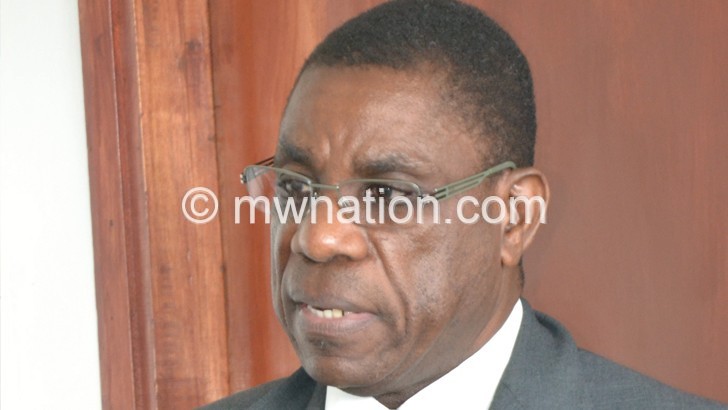Malawi is going through a number of challenges including power blackouts and fuel crisis.
It is high time we tried to understand our challenges from an informed viewpoint.
Recently, long queues clogged all service stations, confirming the fuel scarcity
Besides, the power blackouts in homes and workplaces remind us of the age-old failures in power generation.
Equally in short supply is forex as our imports surpass exports. The country is struggling to import drugs, fertiliser and fuel.
Despite the current economic situation, Malawi has not slid back to an era when shortages were mounting without a word from government.
The country has not slid back to the 2012 scenario when the economy came to a standstill because of worse challenges.
No, the country is not as bad as we mostly portray it.
To better understand this, recall the 2012 events alongside the current situation as did economist Alick Nyasulu in his September 9 column published in The Nation.
Headlined ‘Reality behind acute forex shortages’, the write up left gaps for further debate.
The ostensibly innocent article attributes the current economic woes to indecisiveness, corruption and incompetency of President Lazarus Chakwera’s administration without expounding the causes.
The article also insinuates that current fuel queues, power outages and forex shortages are reminiscent of the late Bingu wa Mutharika’s era.
Such analysis is only meant to portray leaders as failures than offering solutions.
Everyone has a constitutional right to hold opinions, but the danger comes when experts cannot substantiate their assertions that deligitimise democratically elected leadership.
By calling Chakwera indecisive without providing relevant facts, the writer lost an opportunity to contend how such cluelessness could be dealt with.
He opines that the prevailing power outages are the worst ever, the fuel shortage is more of a leadership and economic governance issue than a mere export-import equation taught in the first year economics class, the Affordable Inputs Programme drains forex and Malawi over-relies on donors opposed to corruption for forex.
However, he does not offer tangible solutions.
While the country faces numerous economic challenges, parallels should be drawn between causes of prevailing crises and leadership responses.
Chakwera publicly acknowledged the economic challenges fuelling the fuel scarcity.
This is unlike what happened during Bingu’s reign when his henchmen openly attacked Malawians for crying out loud amid fuel scarcity.
Additionally, Nyasulu’s article does not inform the reader that power failures have been aggravated by Cyclone Ana which took 130 megawatts off the grid.
Even South Africa, Zimbabwe and Tanzania are enduring lengthy load shedding.
It is time we accepted that with an ever-growing population, the demand for electricity is increasing faster than our power generation capacity.
In 2018, Malawi used to experience 13-hour blackouts daily.
Fast forward to 2022, Cyclone Ana reduced the 130-megawatt Kapichira Hydropower Plant to rubble, crippling the national grid.
For some reason, Nyasulu says this is leadership failure, even ignoring efforts to restore power supply with support from the World Bank.
Furthermore, the consequences of Russia’s invasion of Ukraine are being felt globally. In Africa, economies are contending with rising food and energy prices.
Russia has limited its energy supply to the world, giving rise to price hikes for refined fuels such as petrol and diesel.
Africa’s dependency on the West means that we import any market shocks experienced that side.
While Malawi is not exempted from these shocks, government recently lowered petrol price by K200 against all odds on the international market
Nyasulu’s article suggests that the negative trade balance is not a major contributor to the biting forex shortages. Yet it has to be acknowledged that Malawi’s appetite for imports is increasing at an alarming rate.
Now one wonders who is to blame for the current challenges and how do we move on?
We are on a one-way highway. Moving forward demands us to implement policies that are in the best interest of Malawi and its people.
Democracy allows us to agree to disagree, but we should pursue a common goal to make Malawi a better place for all.
As such, we should divorce from hasty generalisations.
Malawi is truly haunted by energy crises, but we are surely nowhere near the challenges faced in 2012.
The post Unpacking raging energy crisis appeared first on The Nation Online.
 Moni Malawi
Moni Malawi 
